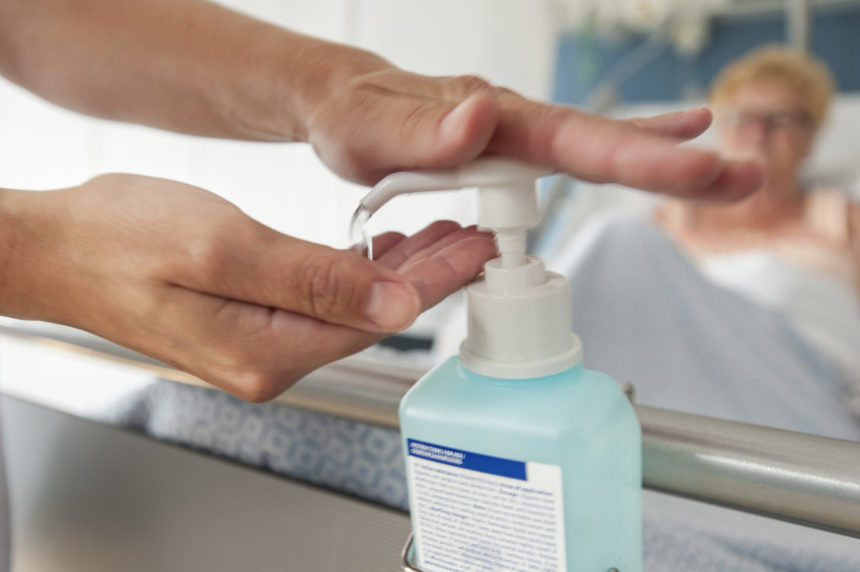
In response to an executive order, the Occupational Safety and Health Administration issued stronger worker safety guidance Friday to help employers and workers implement COVID-19 prevention programs and better identify risks that could lead to exposure and contraction.
The guidance, Protecting Workers: Guidance on Mitigating and Preventing the Spread of COVID-19 in the Workplace, is aimed at most non-healthcare settings, according to the document. The agency reinforced its support for the use of face coverings, advising that the safety measure is not a replacement for physical distancing.
Additionally, prevention programs should include a hazard assessment and measures to mitigate the spread of coronavirus — including the use of personal protective equipment when applicable, the agency recommended, OSHA said. To encourage potentially infected employees to remain at home, the guidance suggests that employers create policies for absences that “don’t punish workers.” OSHA also recommended that employers appoint a workplace coordinator responsible for coronavirus issues and adopt retaliation protections for workers who raise coronavirus-related concerns.
President Joe Biden has given the agency until March 15 to issue emergency standards, as well as review its enforcement efforts which could result in mandates for employers.
“More than 400,000 Americans have died from COVID-19, and millions of people are out of work as a result of this crisis. Employers and workers can help our nation fight and overcome this deadly pandemic by committing themselves to making their workplaces as safe as possible,” said M. Patricia Smith, senior counselor to the Secretary of Labor. “The recommendations in OSHA’s updated guidance will help us defeat the virus, strengthen our economy and bring an end to the staggering human and economic toll that the coronavirus has taken on our nation.”
At least seven states, including Virginia, already have issued their own COVID-19 workplace safety standards. Virginia’s standard, released Wednesday, mandates appropriate PPE; sanitation; social distancing; infectious disease preparedness and response plans; and record keeping, training and hazard communications in workplaces.
“No Virginia worker should have to weigh their family’s economic security against their physical safety,” Megan Healy, the state’s chief workforce development adviser, said in a statement. “These permanent standards provide workers with essential recourse if faced with this untenable decision while giving businesses a clear understanding of the steps they must take to maintain a safe working environment.”




